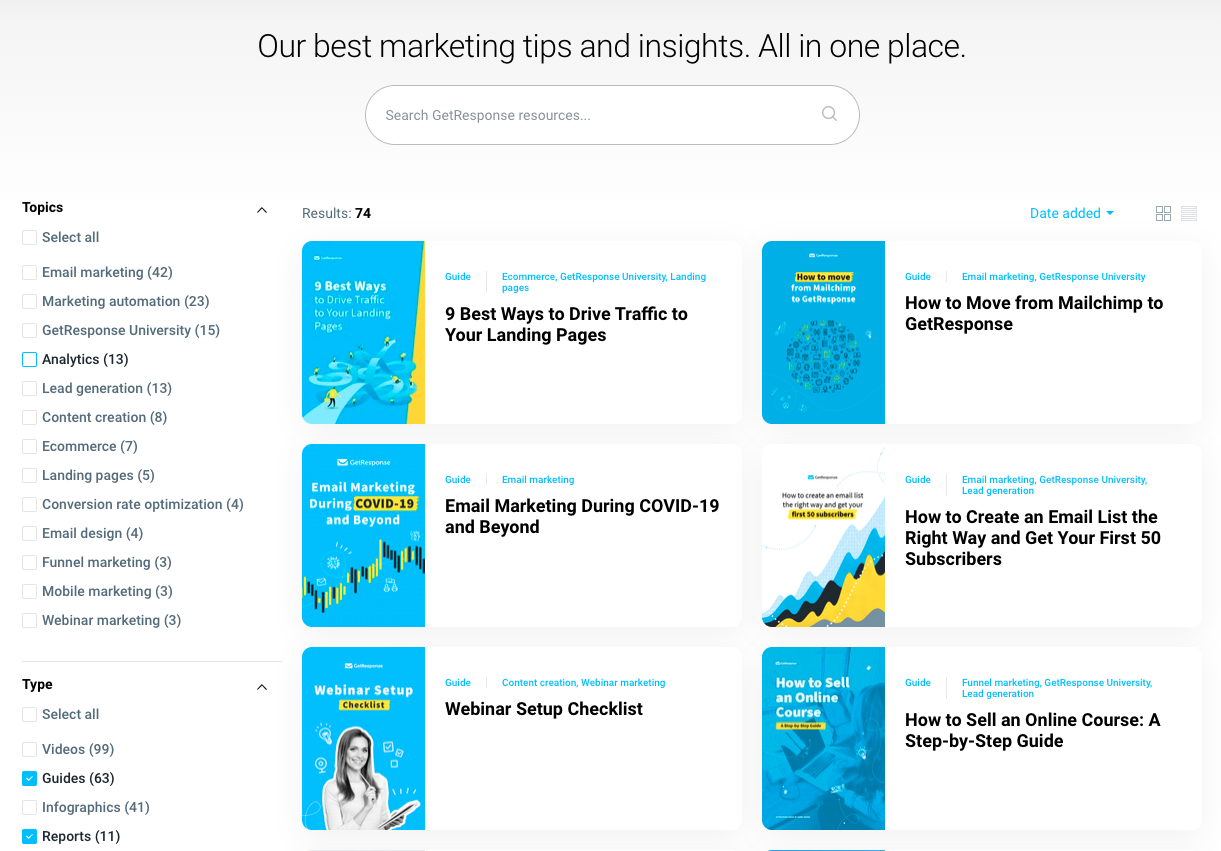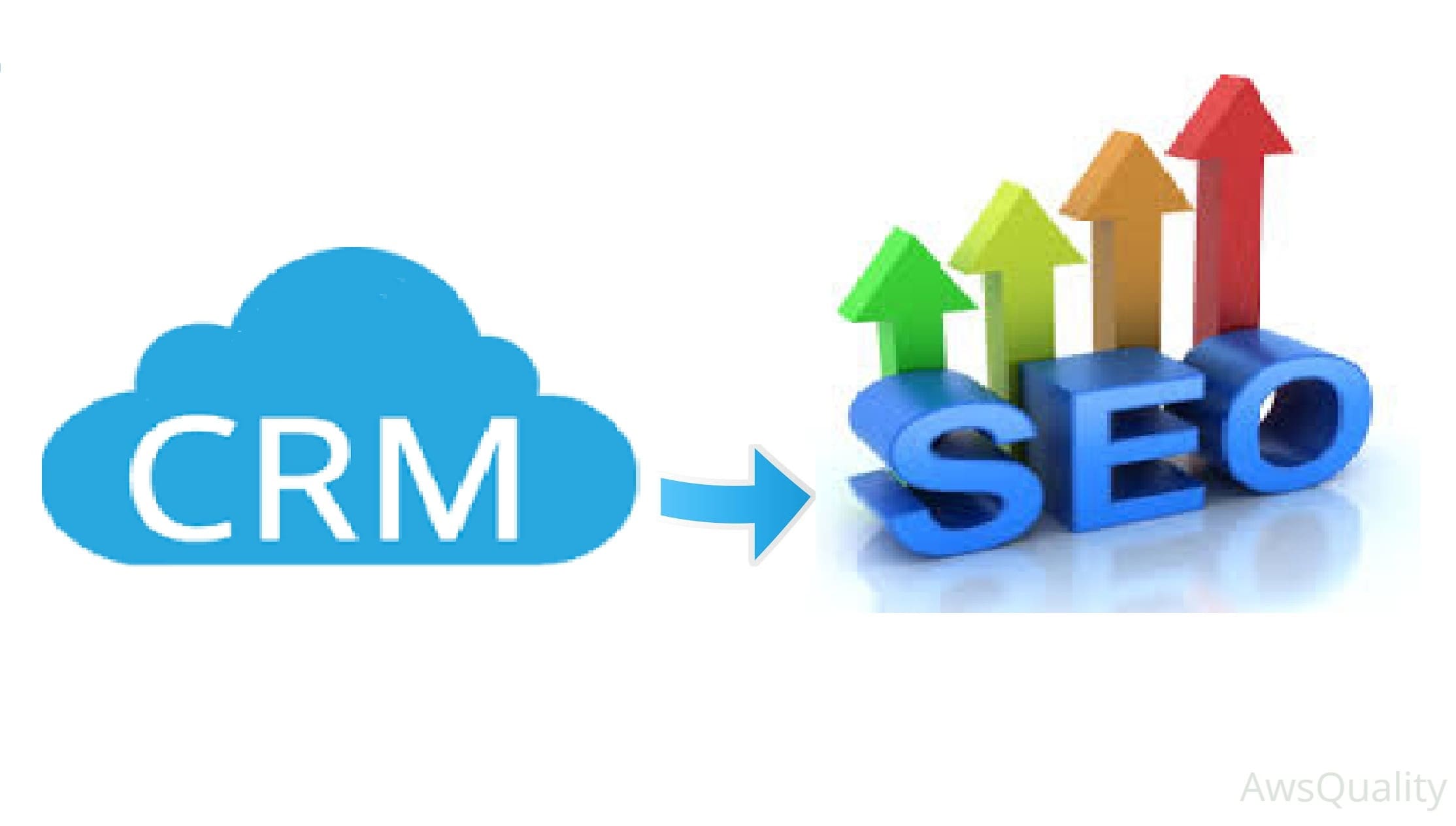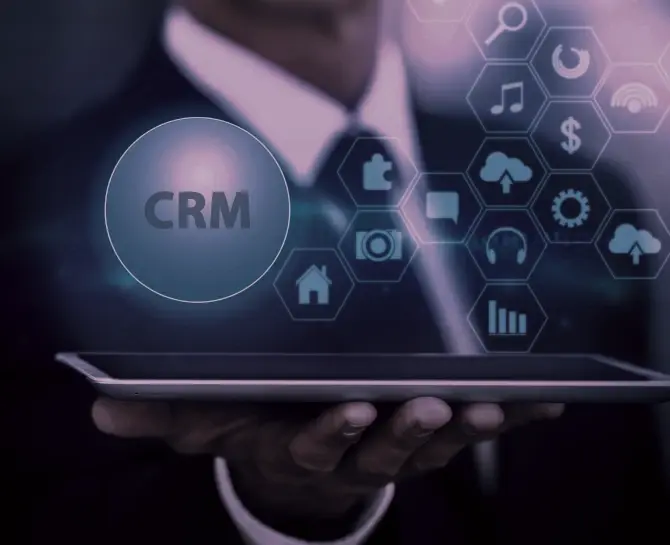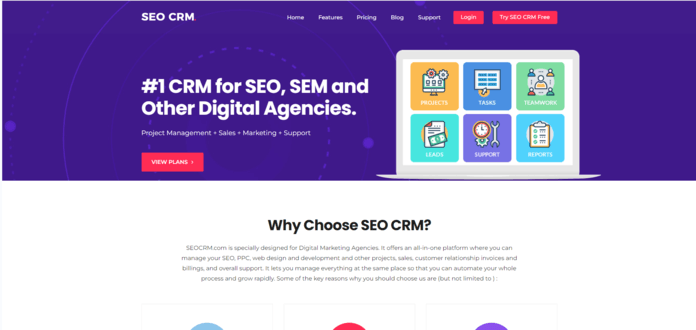Mastering CRM Marketing: A Comprehensive Guide to Customer Retention
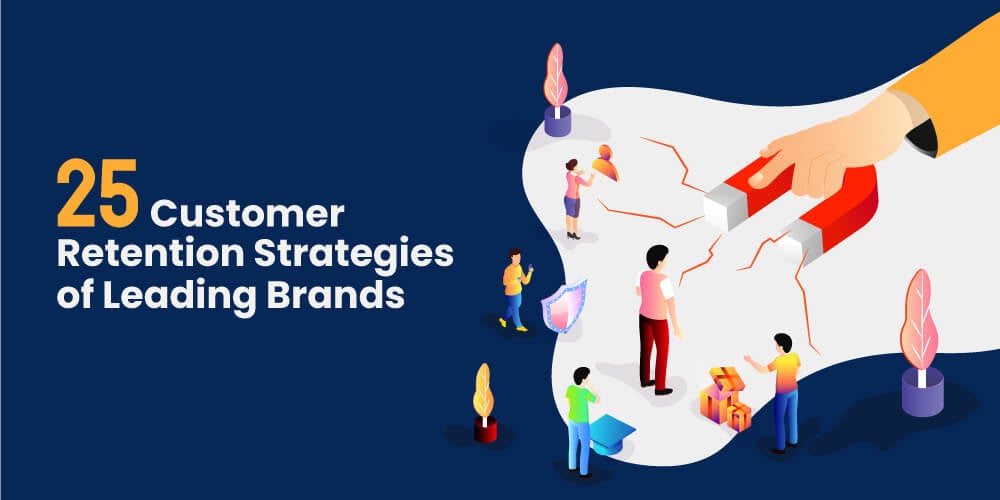
Mastering CRM Marketing: A Comprehensive Guide to Customer Retention
In today’s hyper-competitive business landscape, acquiring new customers is only half the battle. The true measure of success lies in the ability to retain those customers, transforming them into loyal advocates for your brand. This is where Customer Relationship Management (CRM) marketing takes center stage. CRM marketing is more than just a buzzword; it’s a strategic approach that leverages data and technology to build and nurture lasting relationships with your customers. This comprehensive guide will delve into the intricacies of CRM marketing, focusing on how it fuels customer retention and ultimately drives business growth.
Understanding the Fundamentals of CRM Marketing
At its core, CRM marketing is about understanding your customers. It involves collecting and analyzing data about their behaviors, preferences, and interactions with your company. This information is then used to personalize marketing efforts, deliver targeted messages, and provide exceptional customer experiences. The goal is to foster a sense of connection and loyalty, encouraging customers to remain engaged with your brand over time.
Think of it like building a friendship. You wouldn’t treat every friend the same way. You’d tailor your interactions based on their individual personalities, interests, and needs. CRM marketing allows you to do the same with your customers. By segmenting your customer base and tailoring your communication, you can create a more relevant and engaging experience that resonates with each individual.
Key Components of CRM Marketing
- Data Collection: Gathering customer data from various sources, including website interactions, purchase history, social media activity, and customer service interactions.
- Data Analysis: Analyzing the collected data to identify patterns, trends, and insights into customer behavior.
- Segmentation: Grouping customers into distinct segments based on shared characteristics, such as demographics, purchase history, or engagement level.
- Personalization: Tailoring marketing messages, offers, and content to the specific needs and preferences of each customer segment.
- Automation: Using CRM software to automate marketing tasks, such as email campaigns, lead nurturing, and customer service workflows.
- Reporting and Analytics: Tracking key performance indicators (KPIs) to measure the effectiveness of CRM marketing efforts and make data-driven decisions.
The Power of CRM in Customer Retention
Customer retention is the lifeblood of any successful business. It’s far more cost-effective to retain existing customers than to acquire new ones. CRM marketing provides the tools and strategies necessary to build strong customer relationships and foster long-term loyalty, leading to increased customer lifetime value and sustainable growth.
How CRM Enhances Customer Retention
- Personalized Communication: CRM allows you to personalize your communications, making customers feel valued and understood. This can include personalized email campaigns, targeted product recommendations, and customized offers.
- Improved Customer Service: CRM provides a centralized platform for managing customer interactions, enabling you to provide faster, more efficient, and more personalized customer service. This leads to increased customer satisfaction and loyalty.
- Proactive Engagement: CRM allows you to proactively engage with customers, anticipating their needs and addressing any concerns before they escalate. This can include sending welcome emails to new customers, following up on abandoned shopping carts, and offering exclusive deals to loyal customers.
- Enhanced Customer Experience: By understanding customer preferences and behaviors, CRM helps you create a seamless and enjoyable customer experience across all touchpoints. This leads to increased customer satisfaction and a stronger brand reputation.
- Reduced Customer Churn: By identifying at-risk customers and taking proactive measures to address their concerns, CRM helps you reduce customer churn and retain valuable customers.
Strategies for Effective CRM Marketing and Customer Retention
Implementing CRM marketing effectively requires a strategic approach. Here are some key strategies to help you maximize your customer retention efforts:
1. Define Your Goals and Objectives
Before you dive into CRM marketing, it’s crucial to define your goals and objectives. What do you want to achieve with CRM? Are you looking to increase customer retention rates, boost customer lifetime value, or improve customer satisfaction? Clearly defined goals will help you prioritize your efforts and measure your success.
2. Choose the Right CRM Software
Selecting the right CRM software is essential for effective CRM marketing. Consider your business needs, budget, and technical capabilities. Look for a CRM solution that offers features such as data collection, segmentation, personalization, automation, and reporting. Popular CRM platforms include Salesforce, HubSpot, Zoho CRM, and Microsoft Dynamics 365.
3. Collect and Organize Customer Data
Data is the foundation of CRM marketing. Invest in systems and processes to collect and organize customer data from various sources. This includes website interactions, purchase history, social media activity, customer service interactions, and any other relevant data points. Ensure your data is accurate, up-to-date, and easily accessible.
4. Segment Your Customer Base
Segmenting your customer base allows you to tailor your marketing efforts to specific groups of customers. Identify customer segments based on shared characteristics, such as demographics, purchase history, engagement level, or needs. This will enable you to create more relevant and targeted marketing campaigns.
5. Personalize Your Marketing Messages
Personalization is key to effective CRM marketing. Use customer data to personalize your marketing messages, offers, and content. Address customers by name, recommend products based on their purchase history, and tailor your messaging to their specific interests and needs. Personalization makes customers feel valued and increases engagement.
6. Automate Your Marketing Tasks
Automation can save you time and effort while improving the efficiency of your CRM marketing efforts. Use CRM software to automate tasks such as email campaigns, lead nurturing, and customer service workflows. This will free up your time to focus on more strategic initiatives.
7. Provide Exceptional Customer Service
Exceptional customer service is critical for customer retention. Train your customer service team to provide prompt, helpful, and personalized support. Use CRM to track customer interactions and provide a seamless customer experience across all touchpoints. Resolve customer issues quickly and efficiently to build loyalty.
8. Monitor and Analyze Your Results
Regularly monitor and analyze your CRM marketing results. Track key performance indicators (KPIs) such as customer retention rates, customer lifetime value, customer satisfaction scores, and return on investment (ROI). Use this data to identify areas for improvement and make data-driven decisions.
9. Implement a Loyalty Program
Loyalty programs are a great way to reward loyal customers and encourage repeat business. Offer exclusive discounts, special promotions, and other perks to your most valuable customers. This will incentivize them to stay engaged with your brand and increase their lifetime value.
10. Continuously Improve Your CRM Strategy
CRM marketing is an ongoing process. Continuously evaluate your CRM strategy and make adjustments as needed. Stay up-to-date on the latest CRM trends and technologies. Seek feedback from your customers and use it to improve your customer experience and retention efforts.
Leveraging CRM for Different Business Sizes
CRM marketing can be tailored to businesses of all sizes, from small startups to large enterprises. The specific strategies and tactics you use will depend on your resources, budget, and customer base. Here’s how CRM can be applied across different business sizes:
Small Businesses
For small businesses, CRM can be a powerful tool for building relationships with customers and driving growth. Focus on collecting basic customer data, segmenting your customer base, and personalizing your communications. Utilize free or low-cost CRM software options to get started. Prioritize providing excellent customer service and building a strong brand reputation.
Medium-Sized Businesses
Medium-sized businesses can leverage CRM to scale their marketing efforts and improve customer retention. Invest in a more robust CRM platform that offers advanced features such as automation, analytics, and integration with other business systems. Implement targeted marketing campaigns and personalized customer experiences. Focus on measuring your results and optimizing your CRM strategy.
Large Enterprises
Large enterprises can use CRM to manage complex customer relationships and drive significant business results. Implement a comprehensive CRM strategy that includes data integration, advanced analytics, and personalized customer journeys. Leverage CRM to automate marketing tasks, optimize customer service, and personalize the customer experience across all touchpoints. Continuously monitor and improve your CRM strategy to maximize its effectiveness.
Real-World Examples of CRM Marketing in Action
Let’s look at some real-world examples of how businesses are successfully using CRM marketing to drive customer retention:
Example 1: E-commerce Retailer
An e-commerce retailer uses CRM to track customer purchase history, browsing behavior, and demographics. Based on this data, they segment their customers into different groups, such as “frequent buyers,” “new customers,” and “customers who abandoned their shopping carts.” They then send personalized email campaigns to each segment. For example, they might send a welcome email with a discount code to new customers, recommend products based on purchase history to frequent buyers, and offer a reminder and free shipping to customers who abandoned their shopping carts. This targeted approach increases customer engagement and drives sales.
Example 2: SaaS Company
A Software-as-a-Service (SaaS) company uses CRM to track customer usage data, such as login frequency, feature usage, and support requests. They segment their customers based on their engagement level and usage patterns. For customers who are not actively using the software, they send personalized onboarding emails and tutorials to help them get started. For customers who are using the software frequently, they offer advanced training and exclusive features. This proactive approach helps reduce churn and increase customer lifetime value.
Example 3: Financial Services Company
A financial services company uses CRM to track customer interactions, such as phone calls, emails, and meetings. They segment their customers based on their financial goals and risk tolerance. They then offer personalized financial advice and product recommendations. For example, they might recommend a retirement savings plan to customers who are nearing retirement or offer a low-interest loan to customers who are looking to purchase a home. This personalized approach builds trust and strengthens customer relationships.
The Future of CRM Marketing and Customer Retention
The future of CRM marketing is likely to be shaped by several key trends:
- Artificial Intelligence (AI): AI will play an increasingly important role in CRM marketing, enabling businesses to automate marketing tasks, personalize customer experiences, and predict customer behavior with greater accuracy.
- Machine Learning (ML): ML algorithms will be used to analyze customer data and identify patterns and insights that can be used to improve customer retention efforts.
- Omnichannel Marketing: Businesses will focus on providing a seamless customer experience across all channels, including email, social media, mobile, and in-person interactions.
- Data Privacy and Security: Businesses will need to prioritize data privacy and security to comply with regulations and build trust with their customers.
- Hyper-Personalization: Businesses will strive to deliver highly personalized experiences that are tailored to the individual needs and preferences of each customer.
As technology continues to evolve, CRM marketing will become even more sophisticated and effective. Businesses that embrace these trends will be well-positioned to build strong customer relationships and achieve long-term success.
Conclusion: CRM Marketing – The Cornerstone of Customer Retention
CRM marketing is a powerful strategy for driving customer retention and achieving sustainable business growth. By understanding your customers, personalizing your marketing efforts, and providing exceptional customer service, you can build strong relationships and foster long-term loyalty. Implementing a well-defined CRM strategy, choosing the right CRM software, and continuously monitoring your results are essential for success. Embrace the power of CRM marketing and unlock the potential for building a thriving business that puts customers first.

